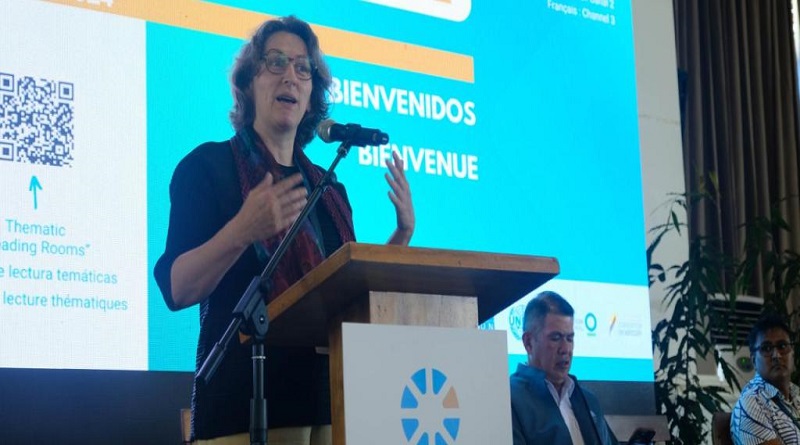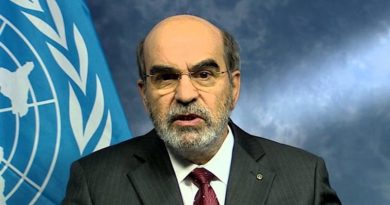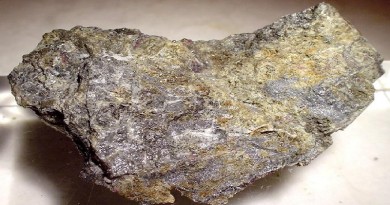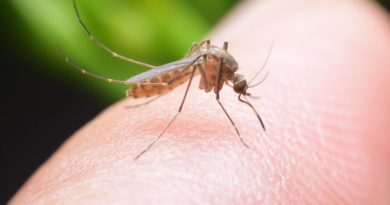Minamata Convention chief highlights role of planetGOLD at ASGM 2024 global forum
The 2024 Global Forum on Artisanal and Small-Scale Gold Mining (ASGM) kicked off in the municipality of Talisay, in the province of Batangas, Philippines on Monday 3 June 2024. Bringing together roughly 200 key partners and stakeholders from across the globe, this knowledge exchange forum, which will take place from June 3-5, aims to spur action toward advancing a mercury-free, responsibly managed ASGM sector.
At the opening, Joselin Marcus E. Fragada, Undersecretary for Field Operations at Mindanao, Philippines, from the Department of Environment and Natural Resources, highlighted that “planetGOLD offers a pathway to protect and regulate the environment. In the Philippines, it has been instrumental in providing capacity to miners and government officials since 2019, with technology improvement, formalization, collaboration and promotion of gender integrity for a mercury-free future”. He encouraged the audience to move into action and look for a transformative and inspiring event for all.
Monika Stankiewicz, Minamata Convention Executive Secretary, highlighted the role of the planetGold programme in supporting countries’ commitments under the Minamata Convention on Mercury, which in turn plays a key role in implementing the National Action Plans on artisanal and small-scale gold mining. “To the National Focal Points and government colleagues who are here today, I would urge you to engage with your Global Environment Facility operational and political focal points to ensure full and effective use of this allocation, not only for ASGM but across the many sectors for which Parties have taken on binding obligations to control mercury pollution”, Stankiewicz said.
planetGOLD is supported by the Global Environment Facility and led by the UN Environment Programme. Anil Sookdeo, Chemicals & Waste Focal Area Coordinator at the Global Environment Facility, highlighted that planetGOLD “is the clear pathway away from mercury. The portfolio, currently encompassing 26 countries across the globe, started with a conversation with miners in Peru. By thinking outside the box and taking risks, 30 tonnes of mercury have been avoided through mercury-free production of gold”.
Ludovic Bernaudat, the planetGOLD Programme Manager and Head of the Knowledge and Risk Unit, Chemicals and Health Branch, UNEP, explained that all planetGOLD projects share a theory of change approach focusing on access to market and finance, technical solutions, gender equality, formalization and awareness raising. “We also track the progress of the programme, and currently 31.4 tonnes of mercury have been abated, and 984.6 kg of gold has been responsibly produced, with 17,221 miners assisted in their formalization process”, he said.
Over the next three days, miner representatives, government officials, policy and technical experts, international agencies, and members of the private sector will come together to share experiences, ideas, and emerging best practices on the most critical issues in the ASGM sector today, including opportunities to improve financial access for the sector, technologies for mercury-free gold processing, advancing gender equity in ASGM, and more. The event will be live-streamed on YouTube and on the planetGOLD website, with interpretation in English, French, and Spanish. Recordings of all sessions will also be available on YouTube following the closure of the event.
The planetGOLD programme, which is supported by the Global Environment Facility and present in 26 countries, is led by the UN Environment Programme and implemented in partnership with the UN Industrial Development Organization, UN Development Programme, and Conservation International. The programme supports countries in meeting their obligations under the Minamata Convention on Mercury.




